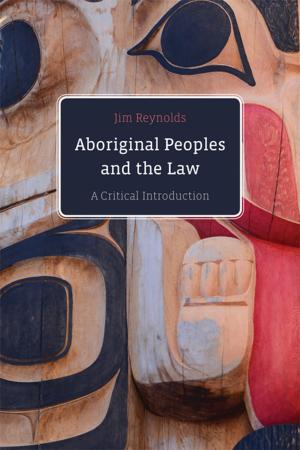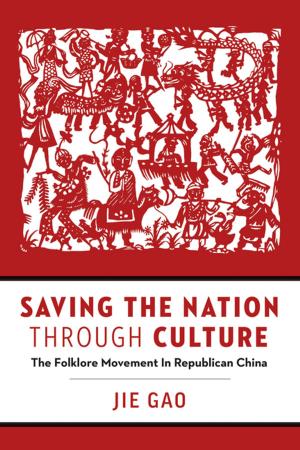Shaping the Future on Haida Gwaii
Life beyond Settler Colonialism
Nonfiction, Social & Cultural Studies, Social Science, Anthropology, Cultural Studies| Author: | Joseph Weiss | ISBN: | 9780774837613 |
| Publisher: | UBC Press | Publication: | September 1, 2018 |
| Imprint: | UBC Press | Language: | English |
| Author: | Joseph Weiss |
| ISBN: | 9780774837613 |
| Publisher: | UBC Press |
| Publication: | September 1, 2018 |
| Imprint: | UBC Press |
| Language: | English |
Colonialism in settler societies such as Canada depends on a certain understanding of the relationship between time and Indigenous peoples. Too often, these peoples have been portrayed as being without a future, destined either to disappear or assimilate into settler society. This book asserts quite the opposite: Indigenous peoples are not in any sense “out of time” in our contemporary world.
Shaping the Future on Haida Gwaii shows how Indigenous peoples in Canada not only continue to have a future, but are at work building many different futures – for themselves and for their non-Indigenous neighbours. Through the experiences of the Haida First Nation, this book explores these possible futures in detail, demonstrating how Haida ways of thinking about time, mobility, and political leadership are at the heart of contemporary strategies for addressing the dilemmas that come with life under settler colonialism. From the threat of ecological crisis to the assertion of sovereign rights and authority, Weiss shows that the Haida people consistently turn towards their possible futures in order to work out how to live in and transform the present.
Colonialism in settler societies such as Canada depends on a certain understanding of the relationship between time and Indigenous peoples. Too often, these peoples have been portrayed as being without a future, destined either to disappear or assimilate into settler society. This book asserts quite the opposite: Indigenous peoples are not in any sense “out of time” in our contemporary world.
Shaping the Future on Haida Gwaii shows how Indigenous peoples in Canada not only continue to have a future, but are at work building many different futures – for themselves and for their non-Indigenous neighbours. Through the experiences of the Haida First Nation, this book explores these possible futures in detail, demonstrating how Haida ways of thinking about time, mobility, and political leadership are at the heart of contemporary strategies for addressing the dilemmas that come with life under settler colonialism. From the threat of ecological crisis to the assertion of sovereign rights and authority, Weiss shows that the Haida people consistently turn towards their possible futures in order to work out how to live in and transform the present.















